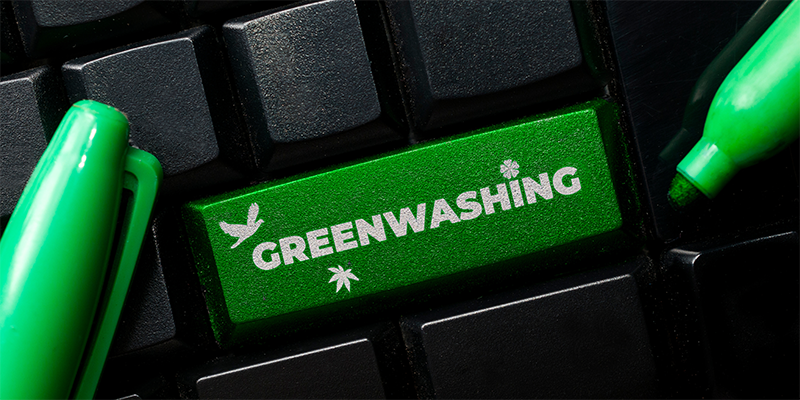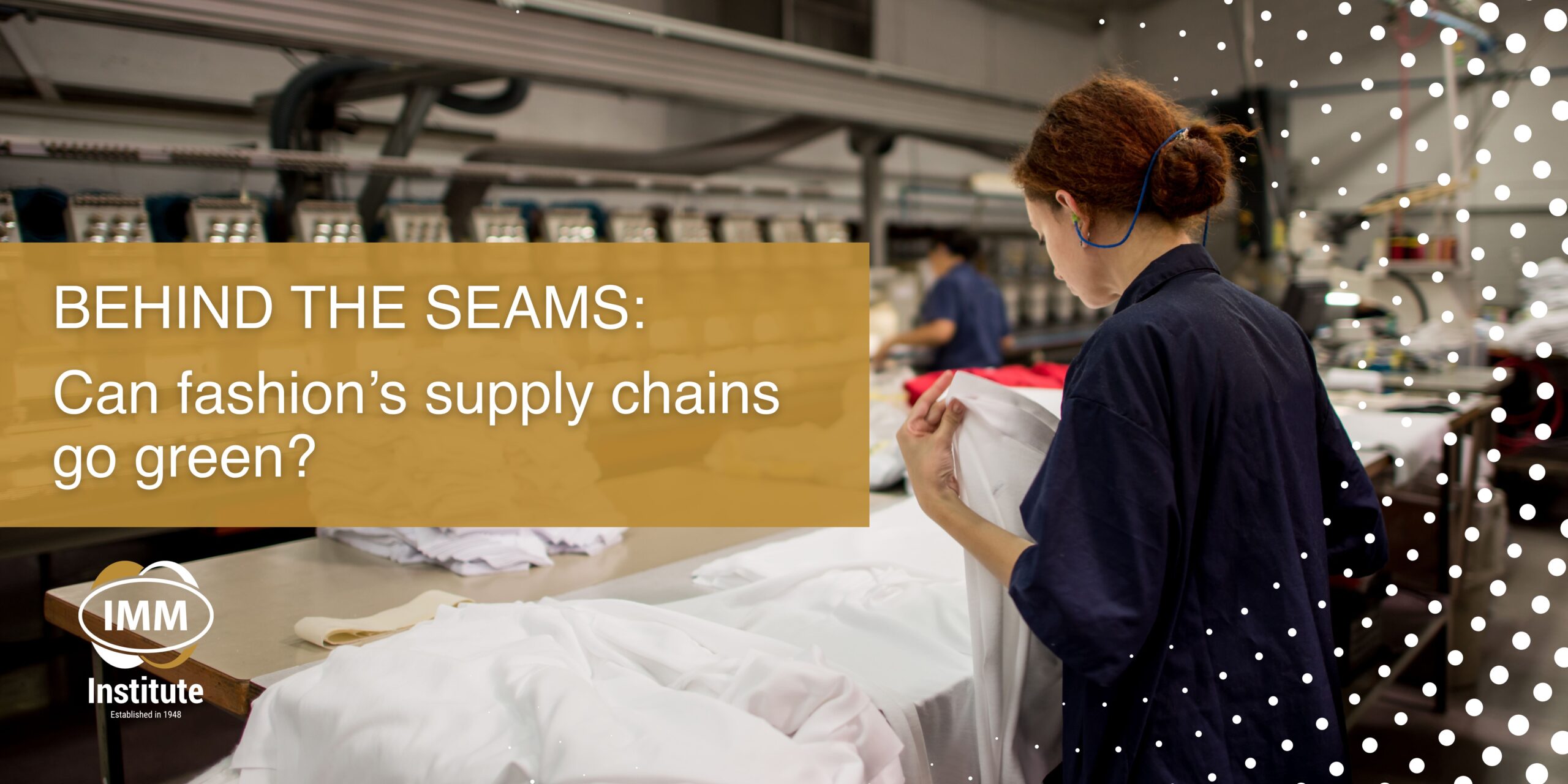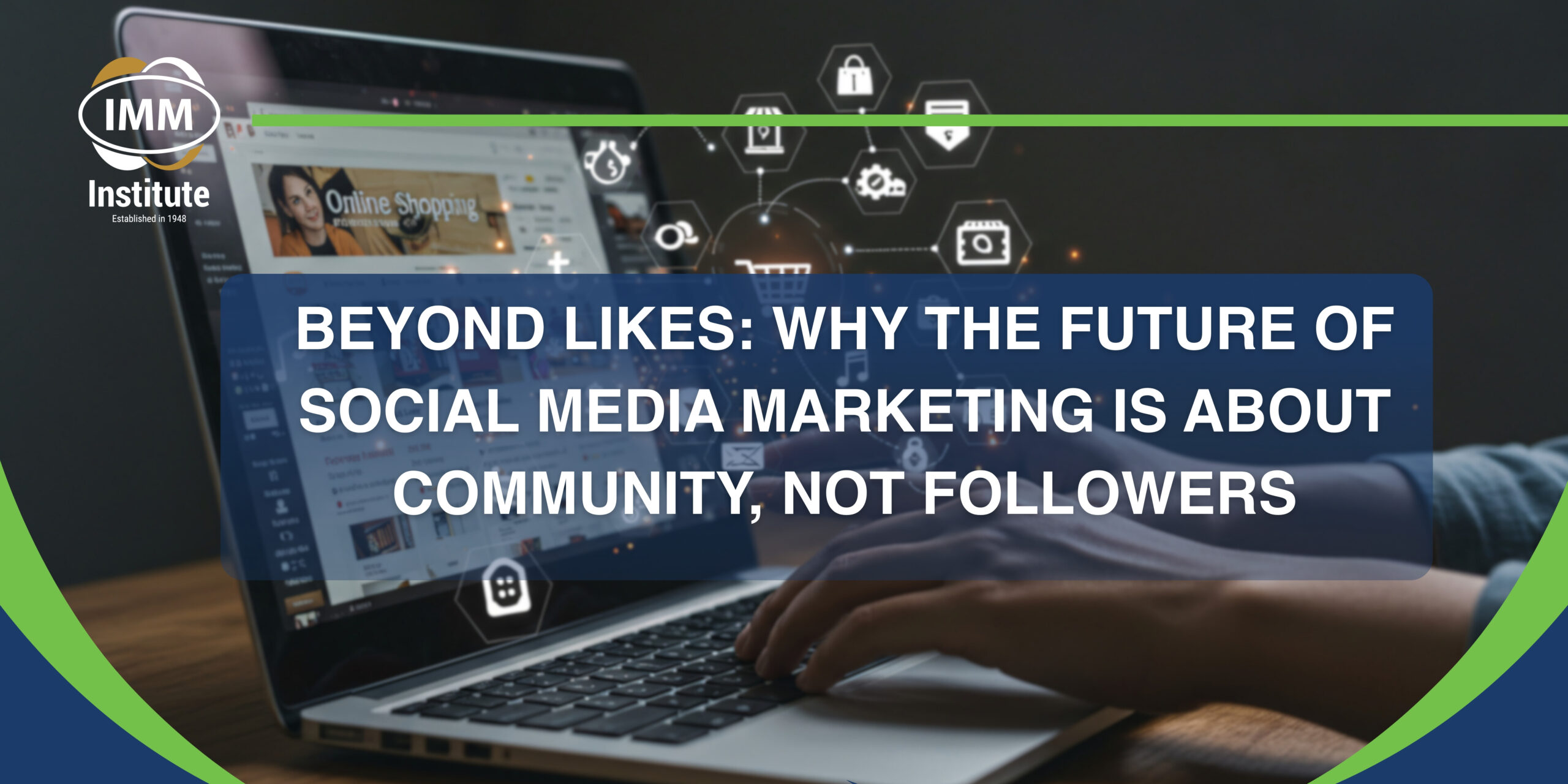The rise of greenwashing: A betrayal of trust
The erosion of trust: Consequences of greenwashing

The consequences of greenwashing extend beyond mere public relations mishaps. They erode consumer trust and tarnish a brand’s reputation, potentially leading to a loss of loyal customers and diminished market share. Moreover, greenwashing undermines legitimate efforts to combat climate change and environmental degradation. When consumers discover they’ve been misled, it engenders cynicism and scepticism about companies’ commitment to sustainability. This, in turn, can discourage individuals from supporting authentic eco-friendly initiatives, perpetuating a cycle of mistrust and inaction.
Sincerity in sustainability: A path forward
To avoid the pitfalls of greenwashing and genuinely contribute to environmental preservation, businesses must embrace sincerity in their sustainability efforts. Here are key steps they can take:
1. Transparency is key: Rather than embellishing or exaggerating claims, companies should be transparent about their environmental initiatives. Clearly communicate goals, progress, and setbacks. Honesty builds credibility and trust among consumers.
2. Action over rhetoric: Authentic commitment to sustainability involves substantial action, not just empty rhetoric. Companies should focus on making meaningful changes throughout their operations, supply chains, and product lifecycles that reduce their environmental impact.
3. Third-party verification: Seeking third-party certification or verification for environmental claims can add an extra layer of credibility.
4. Educate consumers: Instead of simply marketing eco-friendly products, businesses should educate their consumers about climate change and how their individual choices can make a difference. This method does not only fight against greenwashing, but also gives the consumer power.
5. Long-term commitment: Sustainability is a long-term process with a very, very distant end goal. Companies should demonstrate a long-term commitment to reducing their environmental footprint, and they can do this by continuously adapting strategies as new technologies and best practices emerge.
6. Collaboration and innovation: Collaborate with other businesses, NGOs, and experts to drive innovation in sustainable practices. By working together, industries can develop solutions that have a more substantial positive impact.
7. Honesty in setbacks: Acknowledge that the road to sustainability is not without its challenges. When setbacks occur, honesty about the obstacles faced and the lessons learned can foster credibility and goodwill.
Conclusion
By adopting a sincere approach to sustainability, businesses can rebuild that trust and contribute meaningfully to the global fight against climate change. Transparency, action, collaboration, and education will serve as cornerstones for businesses seeking to create a positive impact while avoiding the pitfalls of greenwashing. As consumers continue to demand authenticity, it’s up to businesses to rise to the occasion and be true stewards of the environment.

















